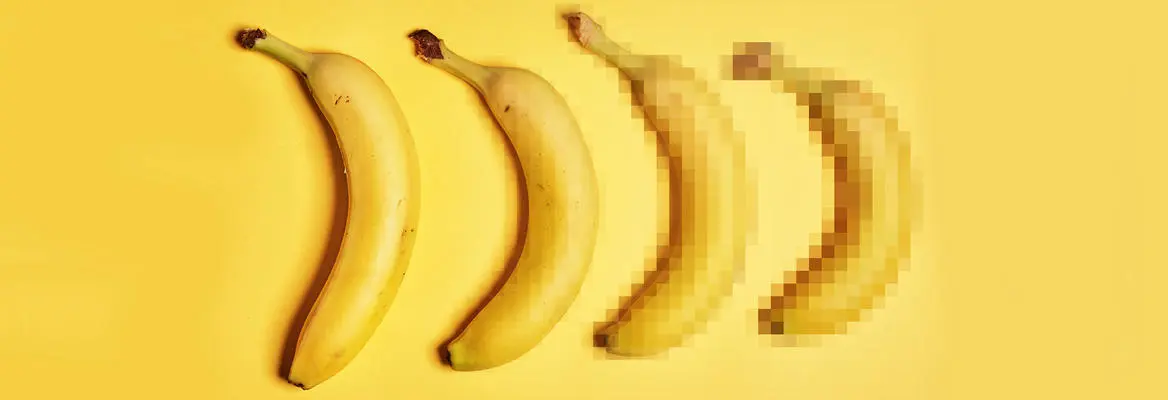This article was written in response to Bernardo Kastrup's article 'The Mysterious Disappearance of Consciousness'
Bernardo Kastrup is mystified by the view of consciousness that has come to be known as illusionism. He describes it as a “mind-bogglingly extraordinary claim”, which seems to be, simply, “nonsense”. He’s not alone. The philosopher Galen Strawson has called it “the silliest claim ever made” and likened it to Flat Earth theory, and I’ve no doubt that many others would agree.
It seems to these people that illusionists such as myself are saying something utterly ridiculous — that we’re claiming that people are not conscious, don’t have experiences, don’t see or hear, don’t feel pain or emotion, don’t have an inner life. What’s going on? How could we possibly believe that, and, if we don’t, how could highly intelligent people such as Kastrup and Strawson have so radically misunderstood what we do mean? This is, Kastrup says, “an authentic and rather baffling mystery”, and I shall now attempt to shed some light on it.
The basic explanation is simple; illusionists don’t deny that we are conscious. It is true that some interviews with me have appeared under titles that suggest otherwise, but I always make it clear that my target is a much more specific claim, as I shall now explain. There’s a straightforward sense in which we obviously are conscious, and indeed I describe illusionism as a theory of consciousness. What illusionists reject is a certain conception of what consciousness is. However, this conception is so deeply rooted in our way of thinking that, to many people, denying it is equivalent to denying the existence of consciousness itself.
What illusionists reject is a certain conception of what consciousness is
As these people see it, there is a stark and simple choice: endorse that conception or deny that consciousness exists. There is no third option, and anyone who sincerely believes there is must be confused and self-deluded. Of course, there might not be a third option, and, even if there is, it might not be an attractive one. But that needs to be argued. To assume at the start that there isn’t and that illusionists are denying the existence of consciousness is to assume the answer to the very point at issue (to beg the question in philosophical parlance). Let me explain what the option is supposed to be, so that you can judge for yourself.
I’ll start with a description of the sense in which we undoubtedly are conscious. It’s this. Our lives are filled with conscious experiences — episodes of seeing, hearing, smelling, tasting, feeling, and of having bodily sensations of various kinds. These episodes acquaint us with the world around us — they tell us about the shapes, sizes, colours, and motions of objects, about the composition of our food, about the substances in the air, about the texture of things against our skin, about the condition of our bodies and our psychological well-being, and much more. We also have experiences of mental imagery, which seem like impoverished versions of regular experiences, detached from their normal causes.
It is a mark of conscious experience that we are, or can easily become, aware of having it. We can direct our attention inward (“introspect”) and think about the experiences we are having. We can recognize different experiences when we have them, compare them with other experiences, say whether or not we like them, and tell people about them.















Join the conversation